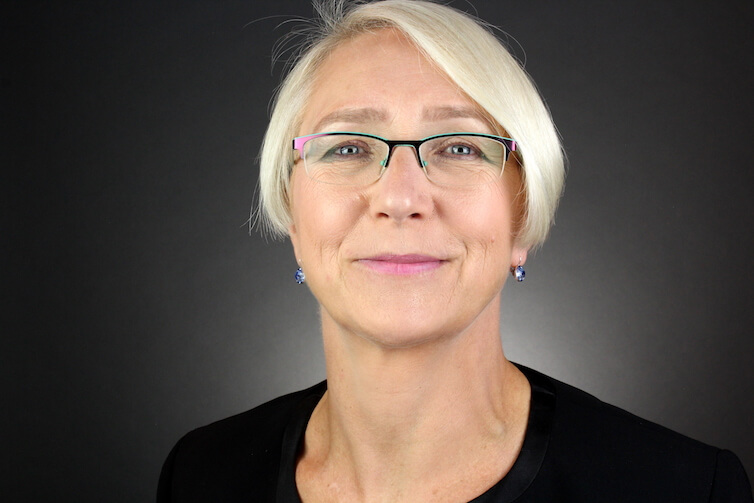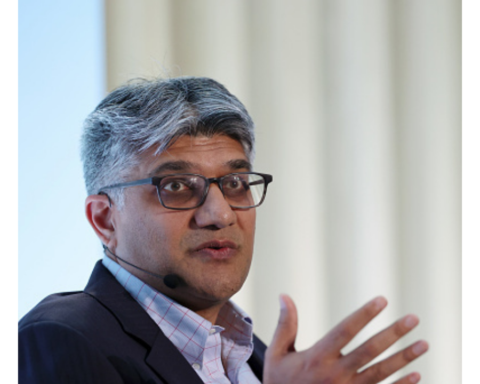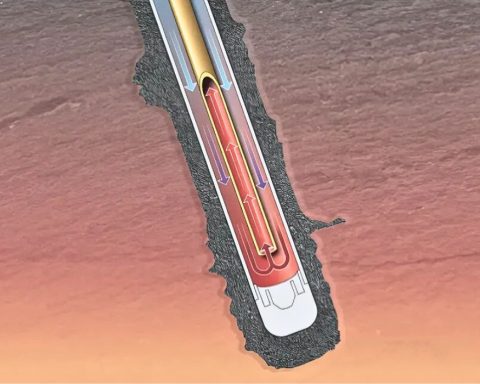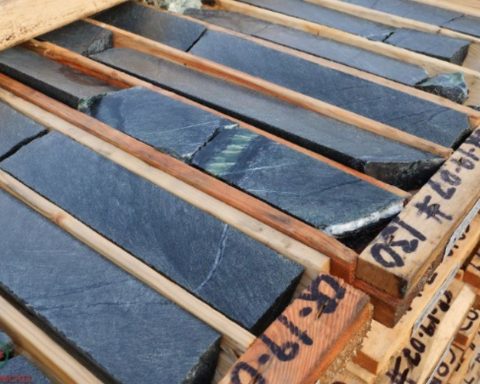You can’t really miss Frances Edmonds in Canadian corporate sustainability settings. The head of sustainable impact at HP Canada is rather tall and dons a stern confident look, a signature angular platinum bob, and a lilting British accent. She also happens to be one of the industry’s pioneering environment champions.
“Hard to believe that it’s been 20 years. If you had told me that when I’d joined HP I wouldn’t have believed it,” Edmonds muses.
In her two decades with the company, she’s helped shift the printer-and computer-making IT giant away from the old ‘take, make and dispose’ model towards a more circular one before many other companies put an emphasis on closing the loop on waste.
In a world where sustainability departments have often been staffed with marketers and communications experts, Edmonds has always brought a deeper vantage point to the table, thanks, in part, to her roots in environmental science. In her early days of working as a scientist testing water quality for a local UK water authority, Edmonds witnessed firsthand how industrial discharges were polluting natural ecosystems. It sparked an early desire to be part of the solution.
When Edmonds moved to Canada and was first hired at HP (back in 1999 when it was still called Hewlett Packard) as an environmental health and safety manager, the position initially had more to do with making sure internal environmental standards were being met. But her role expanded as she and her team began putting some of Canada’s earliest extended producer responsibility (EPR) programs in place. As provincial governments across the country started to implement EPR regulations, she utilized HP’s experience in product take-back and recycling to set industry standards for managing electronics end-of-life. She helped form Electronics Product Stewardship Canada, the not-for-profit industry-led association that still today works with provincial bodies to implement electronics waste management regulations.
Soon, Edmonds started to strategize about the value of what HP was attempting to construct for the future. “I wondered ‘How do you really shape a strong program that builds on the history of investment that we’ve had in sustainability?’ We’ve been a leader in this sector for so long, but there was no real competitive advantage in [being green] because we weren’t really telling our customers or our partners about it.”
Educating the public has become a life mission for Edmonds and she circles back to it again and again in our conversation. For one, Canadians have been taught that the solution to everything is recycling, having been brought up on the blue bin. “But, of course, it isn’t,” Edmonds says.
“What’s the point of recycling if you’re not creating the market for it? There’s a disconnect between people wanting to take action and how they actually buy.”
She does a lot of public speaking, including a 2016 Tedx Talks entitled Why Going Green is Good for Business. In her experience, almost everyone in any given audience raises their hand when she asks who recycles, but fewer hands go up when she asks how many people buy products specifically tagged as recycled content. “What’s the point of recycling if you’re not creating the market for it? There’s a disconnect between people wanting to take action and how they actually buy.”
Now that she’s heading sustainability at HP Canada, Edmonds has turned almost all of her attention to sustainable procurement, trying to harness the influence of corporate purchasing. “We’re missing an opportunity for business and government to put their procurement power behind creating the change they want to see. Procurement is the least used tool to drive us to a circular economy. It is the most nimble of tools compared to regulations. ”
Having been in the business for so long, Edmonds has seen the industry grow and shift. The corporate responsibility sector itself has visibly mainstreamed. Customers and investors are demanding more from the corporate world, but what’s holding us back, offers Edmonds, beyond a lack of education and transparency, is a lack of concrete commitments to using purchasing power to propel a greener economy. “Most organizations purchase on price above any other criteria including lifecycle costs of operating the product. We need a stronger commitment to keep going forward.”
“Procurement is the least used tool to drive us to a circular economy. It is the most nimble of tools compared to regulations. ”
All these years after Edmonds started with the company, female employees are still underrepresented in the tech world, but she’s seen a marked improvement in gender diversity at HP Canada. According to this year’s Global 100 ranking of the world’s most sustainable corporations (in which HP Inc. is the top-ranked computer peripherals company), its board is now 40 percent women and 28 percent of its senior executives are female. HP Canada’s current CEO Mary Ann Yule happens to be a strong advocate for representation of women in the corporate sector. “I don’t know that the industry in general is heading that way. We’ve still got a lot of work to do,” says Edmonds.
To help create opportunities for women in the sustainable impact world, Edmonds took over running a monthly women’s networking group called Eco Babes. The idea is to connect sustainably-minded women, in a casual environment, and forge bonds of solidarity and create opportunities for mentoring within the industry. “When I was first handed the mailing list for Eco Babes there were 50, maybe 100 women, and now, about six or seven years later, we have over 500 women.”
Back when Edmonds was juggling responsibilities as a working mother when her children were younger, she says the best advice she received from a senior manager was that “you get judged on what you achieve not how you achieve it.”
Besides supporting younger women, what excites her most these days is the idea of putting sustainability at the heart of the fourth industrial revolution (think waste-saving 3D printers) and the surging global interest in shifting to a circular economy. HP happens to have one of the fastest growing business-to-consumer processes in the circular economy—the HP Instant Ink program. Instead of buying ink, you buy a subscription to a printing service. HP includes recycling bags so ink cartridges can easily be mailed back to its Montreal-based plant as part of a closed-loop recycling process. Globally, HP has produced more than 3.8 billion cartridges from more than 784 million recovered cartridges, 86 million apparel hangers and 4 billion plastic bottles, including half a million pounds of ocean-bound plastic bottles from Haiti.
Of course, she says, HP can be the most circular company on the planet, but if people aren’t buying with end-of-life in mind things can’t change. Circularity requires everyone to be playing a part in it.







